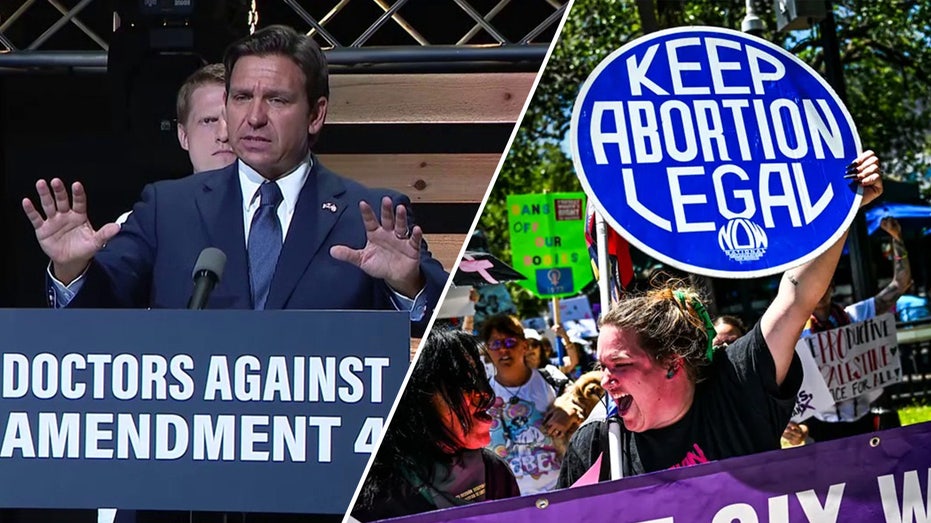
This article was originally published on NY Post - Opinion. You can read the original article HERE

Harvard professors are biting their tongues and dodging political issues out of fear of losing their jobs, being ‘cancelled’ or attracting heat online.
Harvard is the nation’s premier university and produces a disproportionate number of our leaders. It’s expected to set an example and be a bastion of discourse and debate — with its professors boldly leading the way.
But a survey published by the university’s own Open Inquiry and Constructive Dialogue Working Group found a solid majority of profs now avoid touchy topics both inside and outside of the classroom, after things boiled over in the last year with campus protests related to the war in Gaza.
The 1,411 surveyed faculty and staff were prompted to “think about teaching a controversial issue in a class at Harvard” — and their primary reaction seems to be fear.
Just 18% said they would be very comfortable doing so, and 31% somewhat comfortable. But more than half said they would be somewhat (33%) or very (18%) reluctant.
That means more than half of Harvard’s faculty admitted they’re afraid to discuss controversial issues in the classroom.
Rather, out of fear for their jobs, they’ve abdicated the responsibility of facilitating difficult discourse.
With no one properly guiding students, no wonder the campus devolved into illiberal chaos in the name of Palestine — much of which was driven by shouted slogans, visual protests, and tents pitched in the quad but not backed up with constructive dialogue.
Similarly, professors were asked their comfort level discussing a touchy topic on campus outside of the classroom – which resulted in just 9% responding they’d be very comfortable, and 23% somewhat comfortable.
A full 41% would be somewhat reluctant, and 27% very reluctant. That’s more than two thirds of Harvard professors admitting they feel chilled to speak their minds.
Greg Lukianoff, president and CEO of the free speech organization the Foundation for Individual Rights and Expression (FIRE), says professors’ trepidations are understandable, considering the state of free speech at Harvard.
“Professors face a never-ending conformity gauntlet, from hiring to tenure decisions… to the possibility of being canceled, to students themselves who are hostile to wrong-think,” he told The Post.
In fact, the study found professors are more scared than the students to speak up. By comparison, 55% of students were comfortable discussing controversial topics, and 61% were comfortable speaking about them outside of the classroom.
According to the report, professors said they fear for their reputations and their jobs: “They cited potential damage to their professional standing as the reason for their reluctance, in particular, the prospect of negative teaching evaluations, the possibility of contract nonrenewal or tenure denial, the potential for criticism on social media, and the possibility that difficult conversations might trigger complaints about bullying and harassment.”
The status quo at Harvard, apparently, believes touch a hot topic and lose your job. Sounds healthy!
Some of the blame must surely be placed on the institution itself. If staff don’t feel like the college is going to back them and stand up for them if a situation arises, they’re less likely to wade into potentially difficult territory.
Former university president Claudine Gay resigned in January, just six months into her job after appearing before congress and testifying that calling for the genocide of Jews at the university would only be punished depending on the “context.” She was succeeded by Alan M. Garber, who was interim president until August, when he was appointed permanently until 2027.
He established the task force that produced the report in April by following a chaotic and illiberal several semesters of student protests about the Israel-Palestine war.
“The University and its schools should take steps to ensure that faculty members, instructors and students enter classrooms with the tools and mindset conducive to rigorous, lively discussion and constructive disagreement,” the group advised.
President Garber should be applauded for establishing the working group to make inroads on this issue — after all, he inherited a mess of a campus from Gay. But Harvard ought to be embarrassed of the group’s findings.
Harvard was ranked dead last in FIRE’s most recent campus free speech rankings, based on student and faculty polling, the number of professors targeted for their speech, and a variety of other factors.
Their survey found that the issues Harvard students are most worried about discussing are… precisely the most pressing issues in our culture and politics today.
67% were scared to discuss Israel, 42% affirmative action, 36% free speech, 36% police misconduct, 34% racial inequality, 31% religion, and 30% abortion.
If the smartest kids at the most elite university arguably in the world aren’t able to break ground — or even exchange words — on contentious topics, what hope do we have that future generations will make progress on the issues that divide us today?
The whole situation is made even worse by the fact that their professors are too scared to lead the way.
“The only way that these institutions can be trusted to separate truth from falsity is if they are comfortable challenging sacred cows through thought experimentation, devil’s advocacy, and the rigors of the marketplace of ideas,” Lukianoff said. “Unfortunately, we are nowhere near there.”
This article was originally published by NY Post - Opinion. We only curate news from sources that align with the core values of our intended conservative audience. If you like the news you read here we encourage you to utilize the original sources for even more great news and opinions you can trust!










Comments